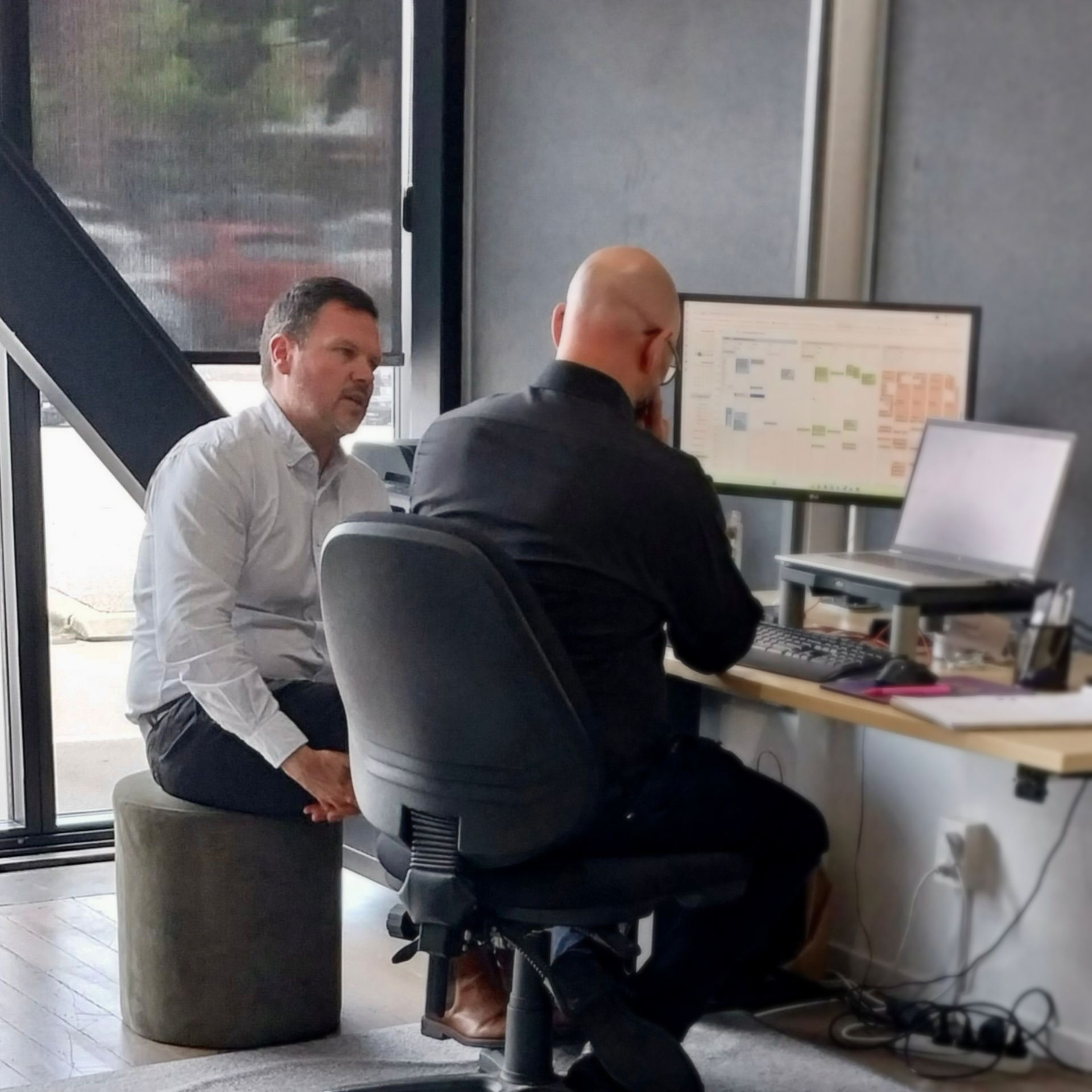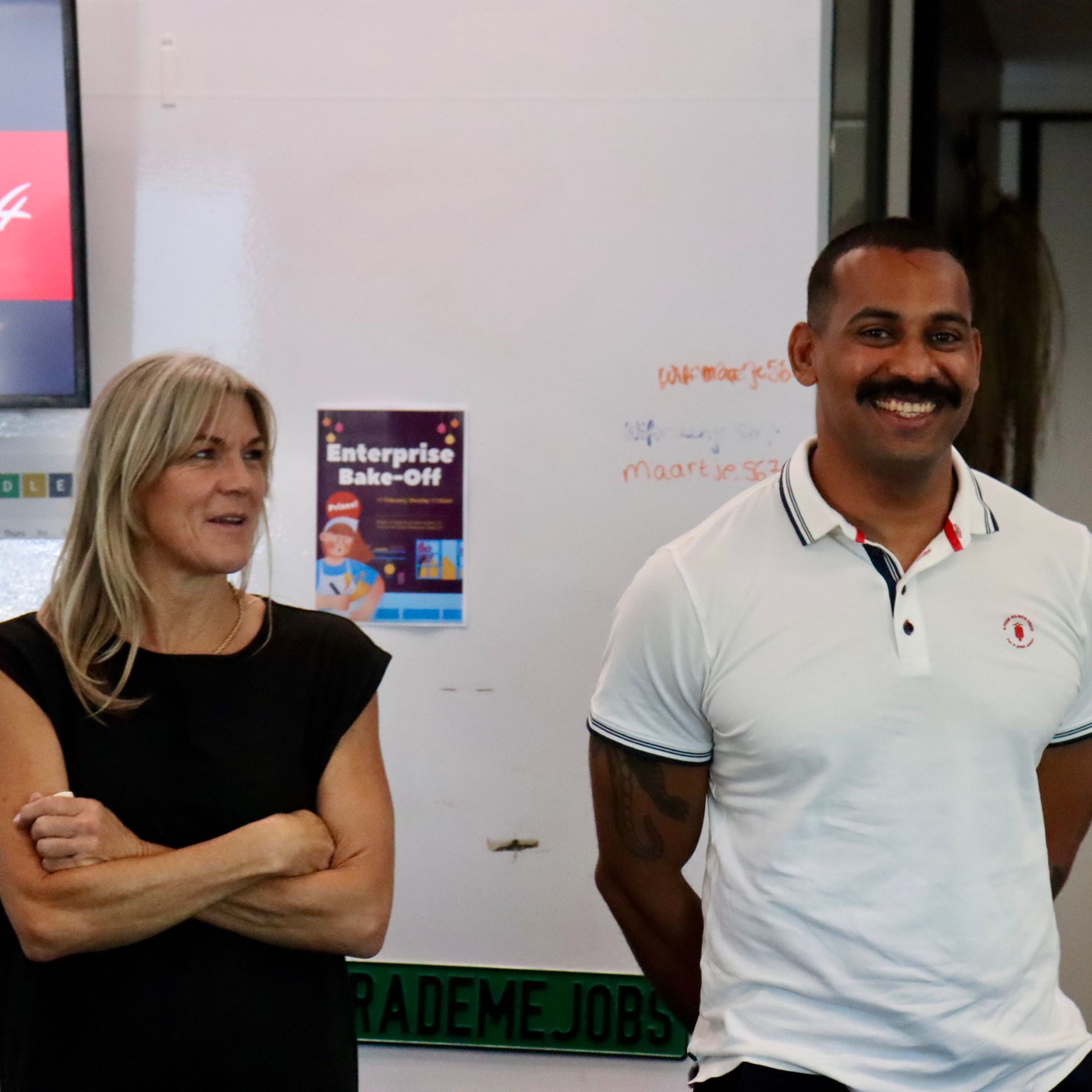Rethinking the Way We Give & Receive Feedback

Why honest conversations matter more than ever in today’s job market.
Feedback is one of the most important parts of recruitment and also one of the hardest. Whether you’re a candidate hoping for clarity after an interview or a client needing to have a tough conversation with a staff member, feedback can feel personal, uncomfortable, and emotional.
But what if we reframed it?
What if, instead of “It’s not you, it’s me” being an uncomfortable cliché, it became a reminder that feedback isn’t an attack on who you are, but it’s information to help everyone move forward?
This month, we’re talking about how to give and receive feedback in a way that’s honest, supportive, and more human. No awkward break-up lines required.
When You’re the Candidate: Receiving Feedback With Confidence
Hearing you didn’t get the job is never fun. But you can control what happens next.
Here’s how to take feedback in a way that benefits you long-term:
1. Don’t jump to the personal
“Not the right fit” doesn’t mean “not good enough.”
Often, it simply comes down to experience, timing, or something as small as someone else having a slightly closer match to the brief.
2. Ask for clarity
If feedback feels vague, it’s okay to ask your recruiter to unpack it.
“What could I improve next time?” is one of the most powerful questions you can ask.
3. Separate the emotion from the information
Feeling disappointed is normal, but the feedback itself is still useful.
Treat it like data: keep what helps, leave what doesn’t.
4. Keep relationships open
A professional, gracious response can be memorable.
“Thank you for the opportunity, I’d love to stay in touch for future roles”, keeps doors open.

When You're the Client: Giving Feedback With Empathy & Impact
Giving feedback, especially tough feedback, can feel just as uncomfortable as receiving it. But good leaders know that avoiding the conversation usually makes things worse.
Here’s how to deliver feedback in a way that’s clear, respectful, and actually helpful:
1. Be honest, but not harsh
Clarity helps people grow; bluntness shuts them down.
Focus on facts, not feelings or assumptions.
2. Be specific
Replace:
“Your performance has slipped.”
With:
“I’ve noticed the last three reports were late, and I want to understand what’s getting in the way.”
3. Balance critique with curiosity
Feedback is a two-way conversation.
Ask questions, invite their perspective, and look for the why behind the behaviour.
4. Offer a path forward
Good feedback doesn’t just highlight the issue; it supports the solution.
“Here’s where we go from here” is far more empowering than “This isn’t working.”
So What Does “It’s Not You, It’s Me” Really Mean?
It means stepping back and remembering:
- Feedback isn’t a personal attack.
- Feedback is not a final judgment.
- Feedback is about improvement, not blame.
- Feedback is an investment in people, performance, and long-term success.
When we deliver feedback with empathy and receive it with openness, we create stronger relationships, better outcomes, and workplaces where people actually want to stay.
Final Thoughts
Recruitment is filled with moments where honest communication matters.
Whether you're giving feedback or receiving it, approaching the conversation with humility and curiosity can make all the difference.
Feedback isn’t about “you” or “me.”
It’s about what’s possible when we commit to growth together.
CTA
If you’d like advice on delivering feedback, navigating tough conversations, or supporting your team or candidates through change, our Enterprise team is here to help. Reach out anytime.














